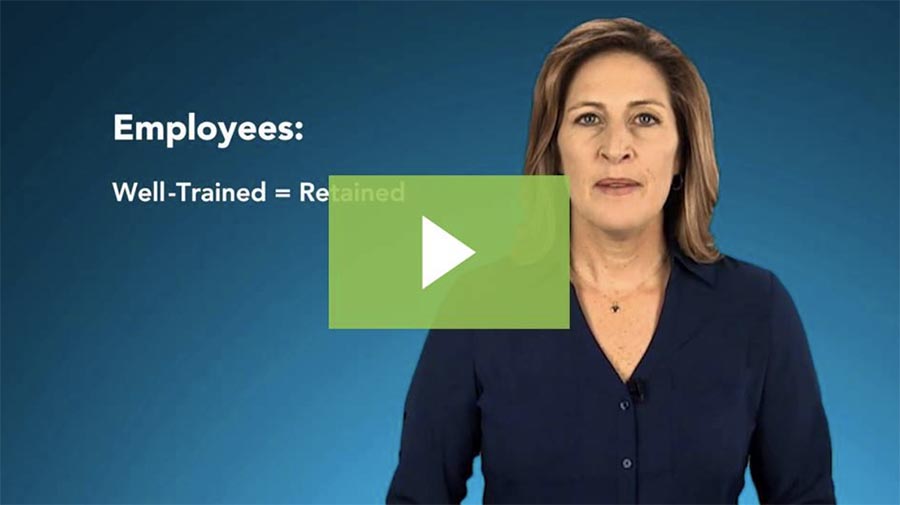August Monthly Newsletter
Top 5 New Hire Forms
An employee’s first day on the job can be very stressful for both the employee and employer. While trying to set up the employee with his or her parking pass, email account, and other necessities, employers should also remember that completing the following forms is just as important.
- Form I-9: Under federal law, employers are required to verify the identity and employment authorization of each person they hire by completing and retaining Form I-9. Newly hired employees must complete and sign Section 1 of Form I-9 no later than the first day of employment. Click here to download Form I-9.
- Federal Form W-4: An employee must complete federal Form W-4 in order for the employer to withhold the correct federal income tax from the employee’s pay. Click here to download federal Form W-4.
- State Form W-4: In states with a state income tax, an employee must complete a state Form W-4 or its equivalent in order for the employer to withhold the correct state income tax from the employee’s pay. To obtain a state Form W-4, contact your state’s taxation department.
- Basic Employment Information Sheet: Employers should keep certain basic information about each of their employees on file, including their addresses, phone numbers, and emergency contacts. Click here to download a Basic Employment Information Sheet.
- Direct Deposit Authorization Form: It is now easier than ever for an employer to directly deposit an employee’s paycheck into his or her bank account. Such deposits, however, must be specifically authorized by the employee. Click here to download a Direct Deposit Authorization Form.
Our Recruitment & Hiring section features more great hiring tips.
How Summer Hires May Impact Your ALE Status
Employers that hired seasonal workers this summer are reminded that there is a seasonal worker exception when measuring workforce size to determine whether they are an applicable large employer (ALE) subject to the Affordable Care Act’s employer shared responsibility (“pay or play”) provisions.
Seasonal Worker Exception
The pay or play provisions generally require ALEs—generally those with at least 50 full-time employees, including full-time equivalent employees (FTEs)—to offer affordable health insurance that provides a minimum level of coverage to full-time employees and their dependents in order to avoid paying a tax. However, if an employer’s workforce exceeds 50 full-time employees (including FTEs) for 120 days or less (or 4 calendar months) during the preceding calendar year, and the employees in excess of 50 who were employed during that period were seasonal workers, the employer is not considered an ALE for the current calendar year. A seasonal worker for this purpose is an employee who performs labor or services on a seasonal basis. For example, retail workers employed exclusively during holiday seasons are seasonal workers.
Check out our Pay or Play section for additional details.
Retain Employees Through Training
With the daily demands of keeping a workplace productive and profitable, many managers may overlook one simple perk that has been proven to boost employee retention: professional training. Learn how to use training as a tool to retain your top employees by watching the video below.
For more training tips, check out our HR Training section.

